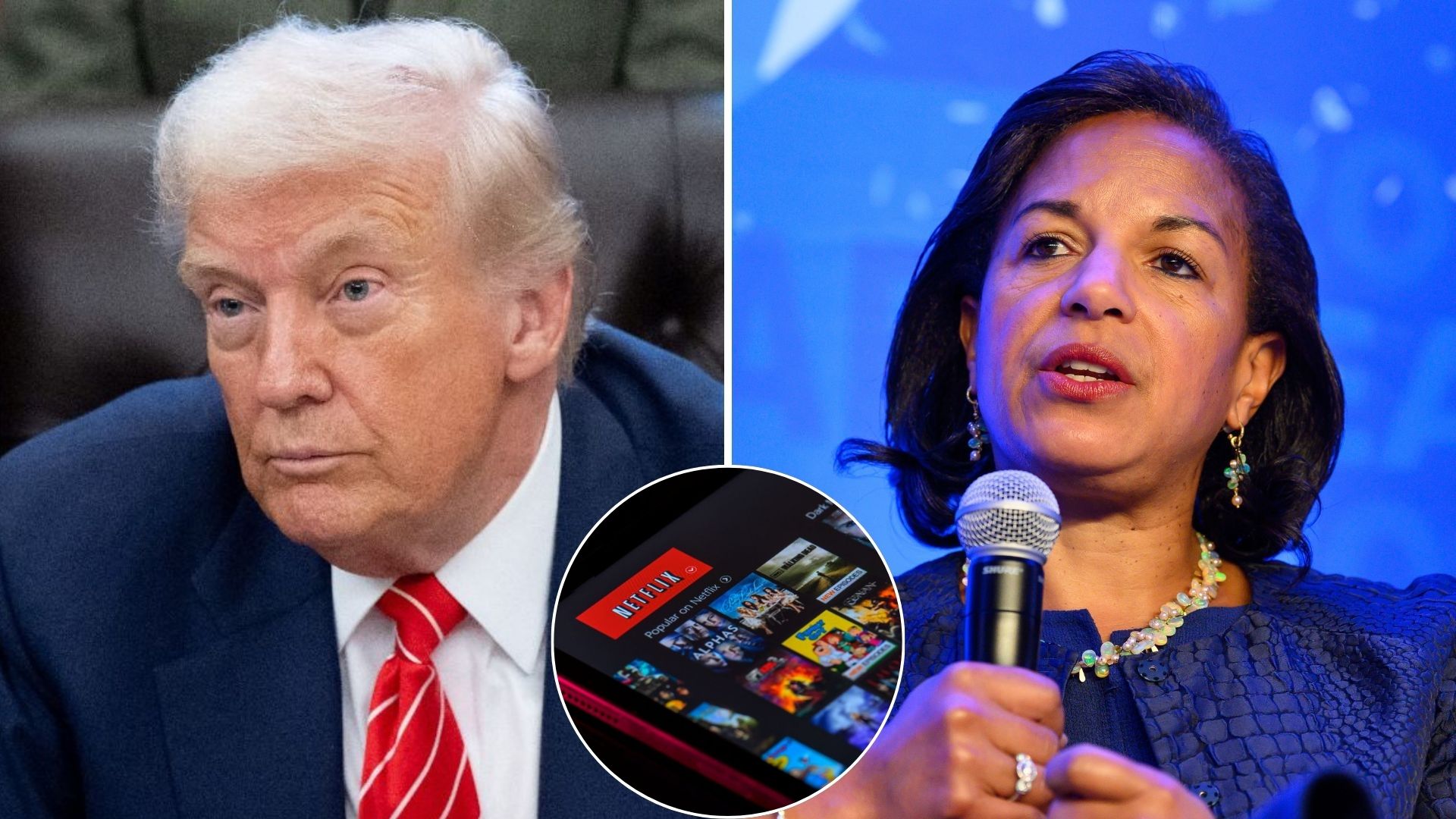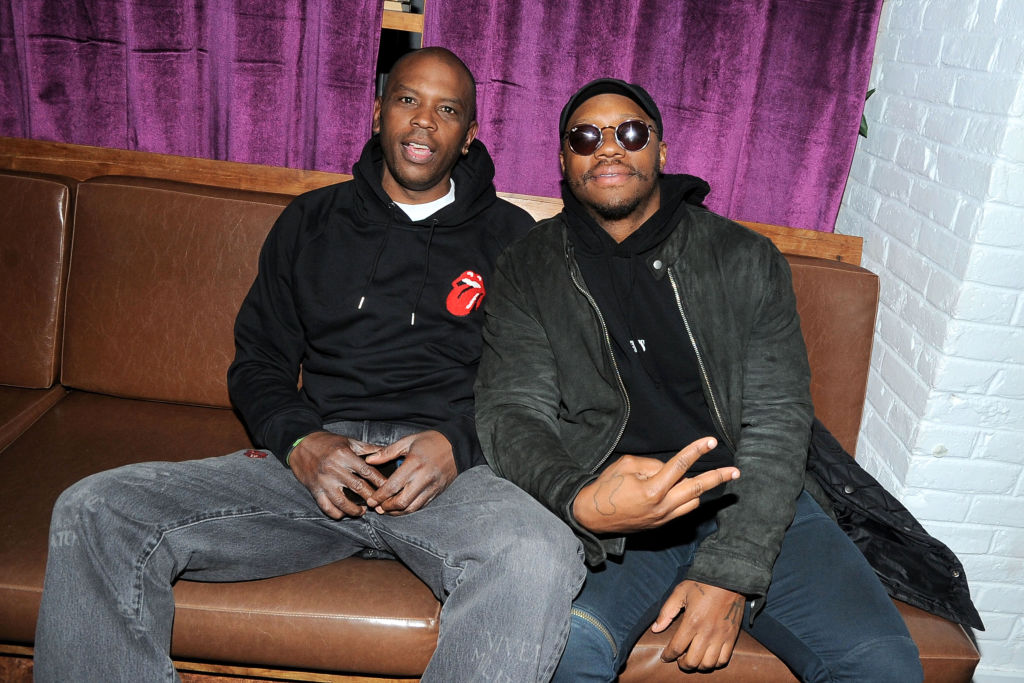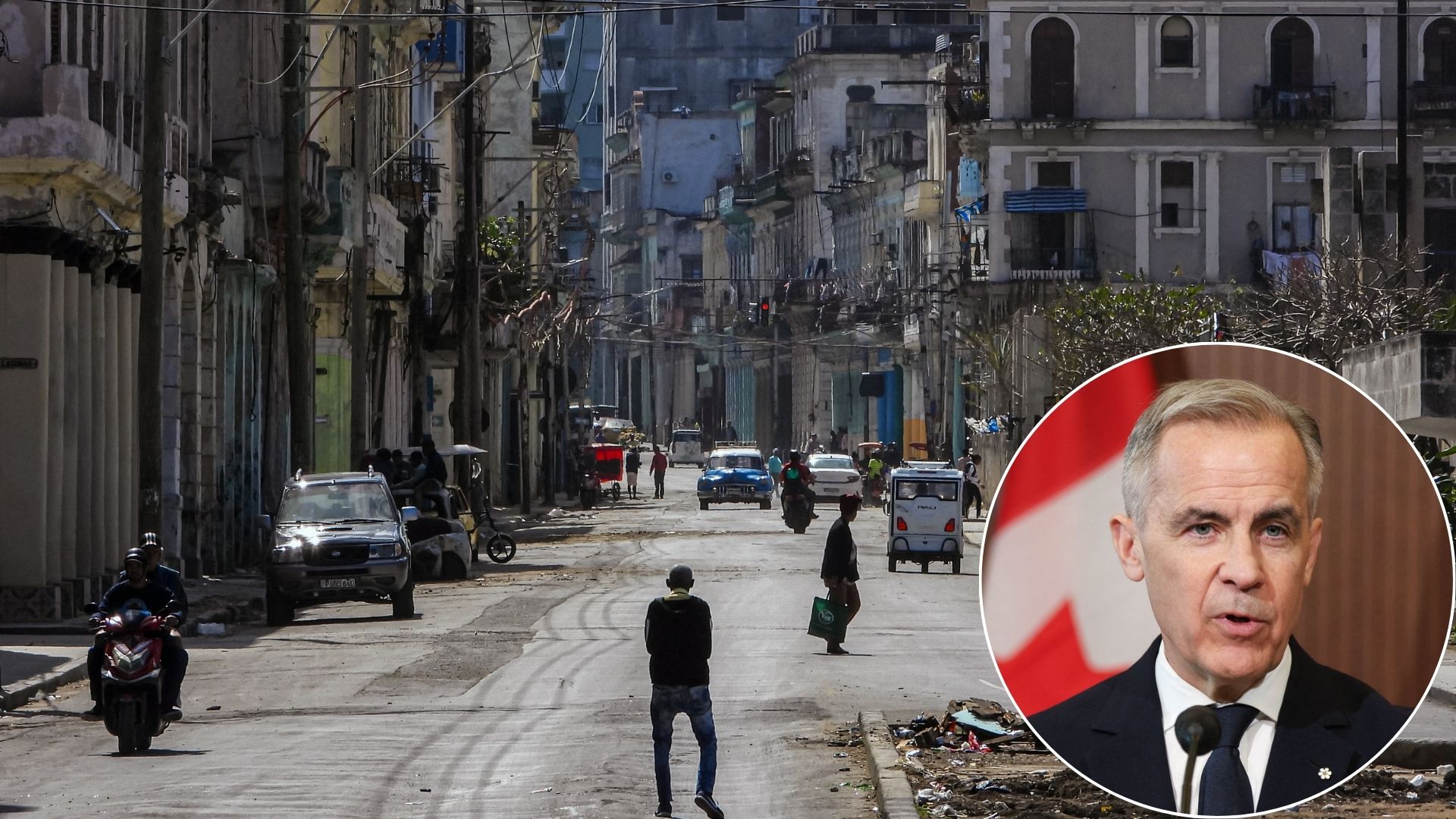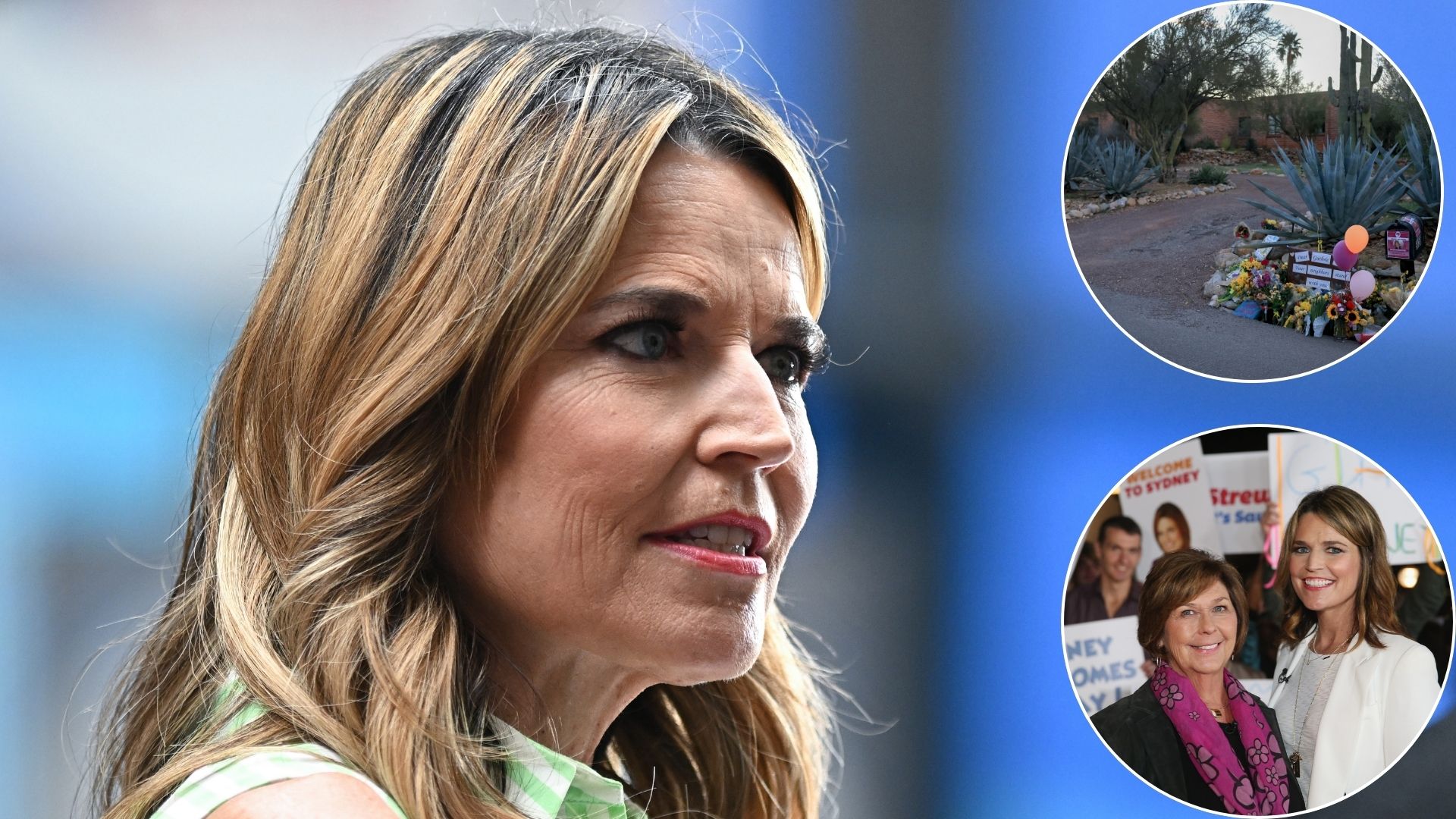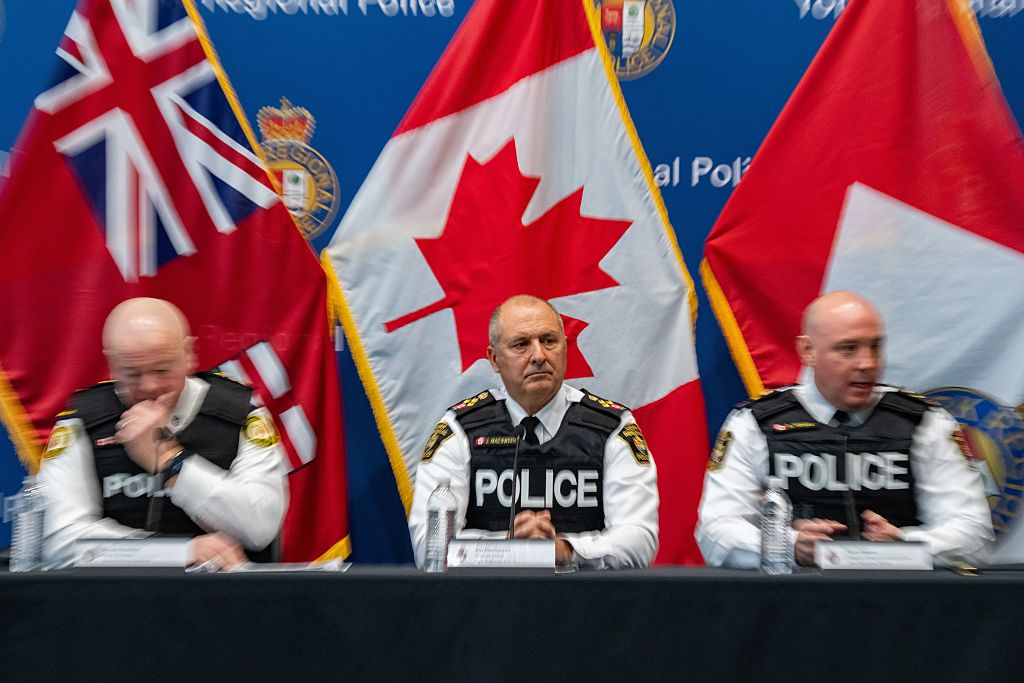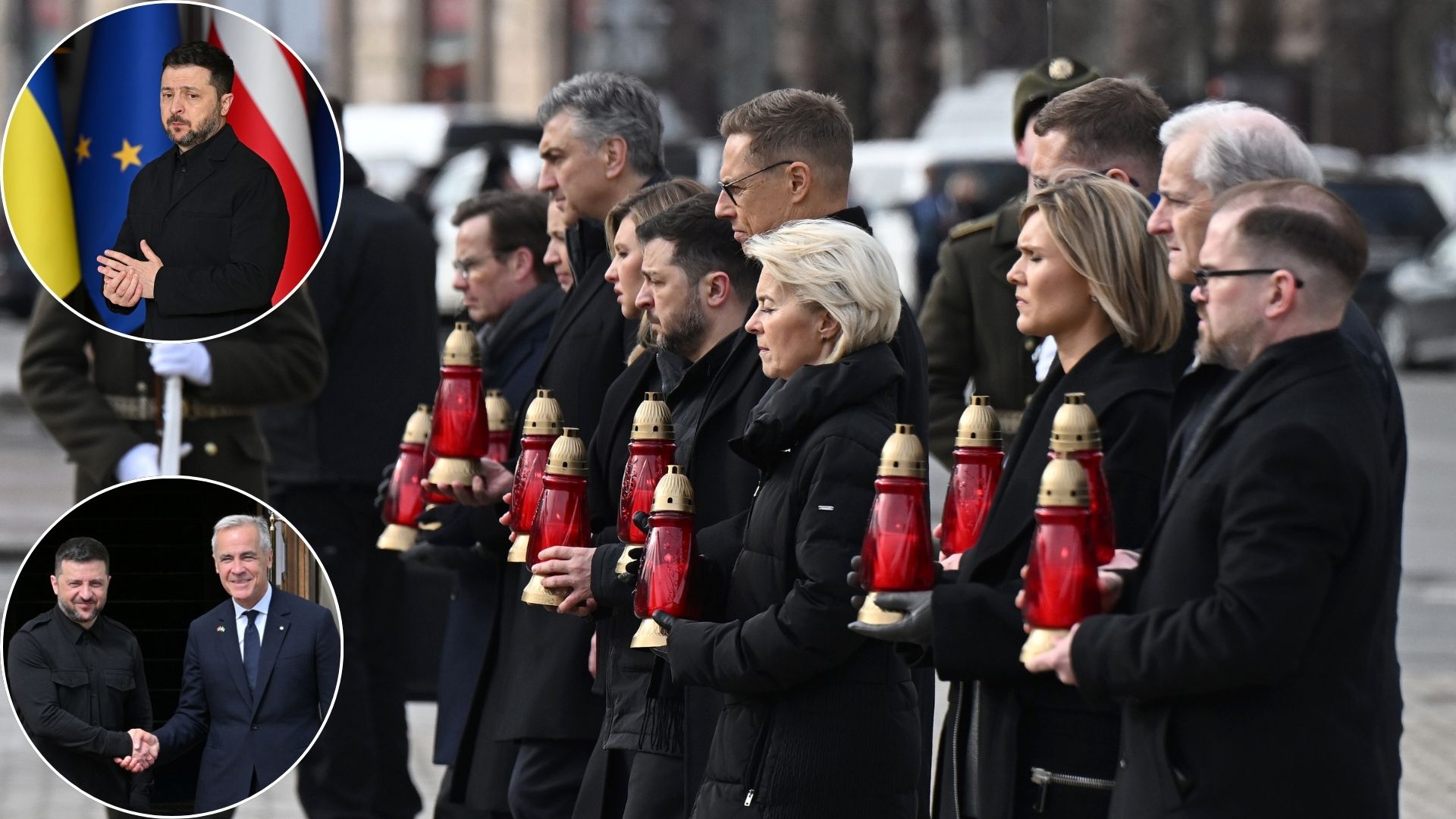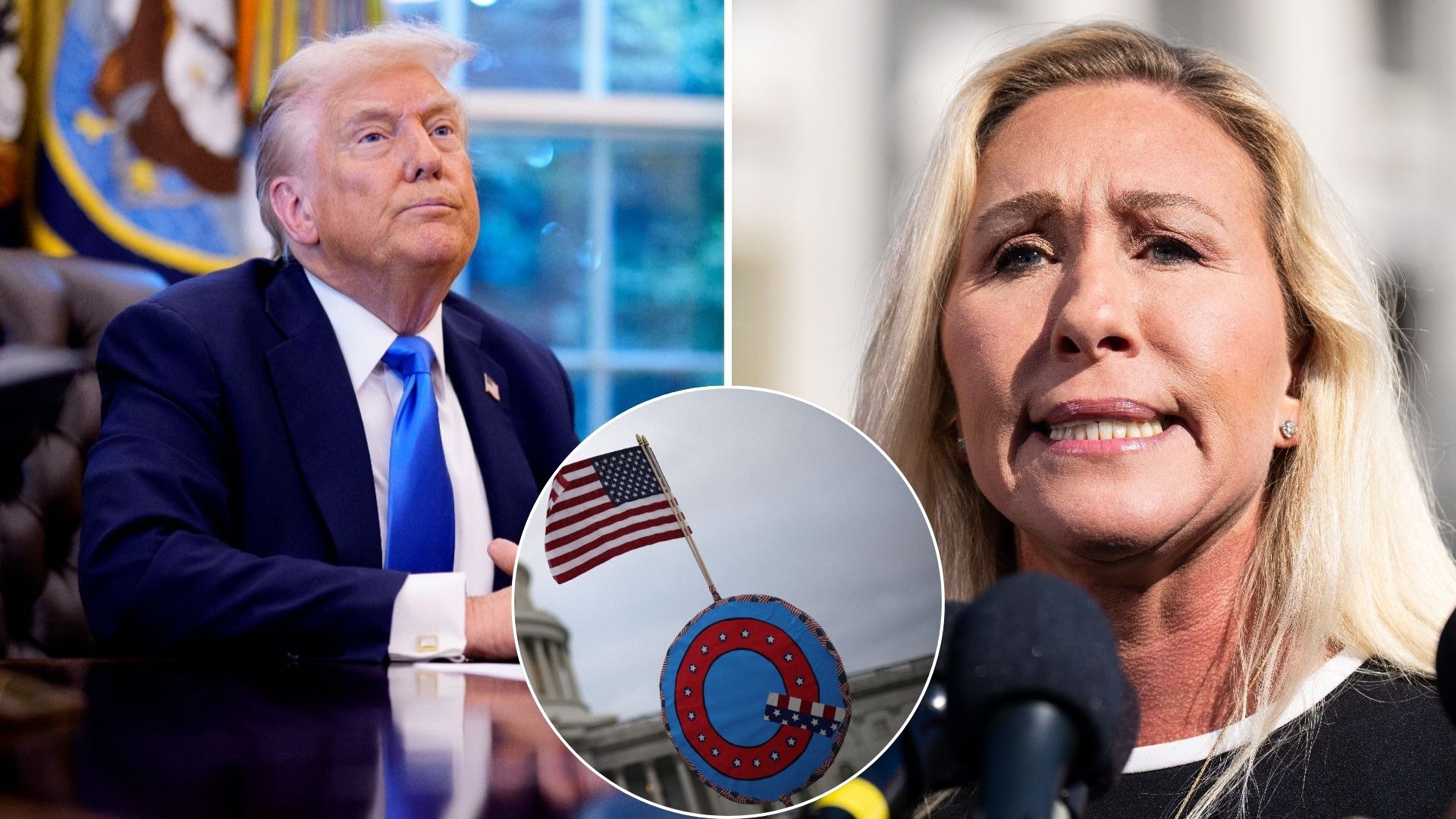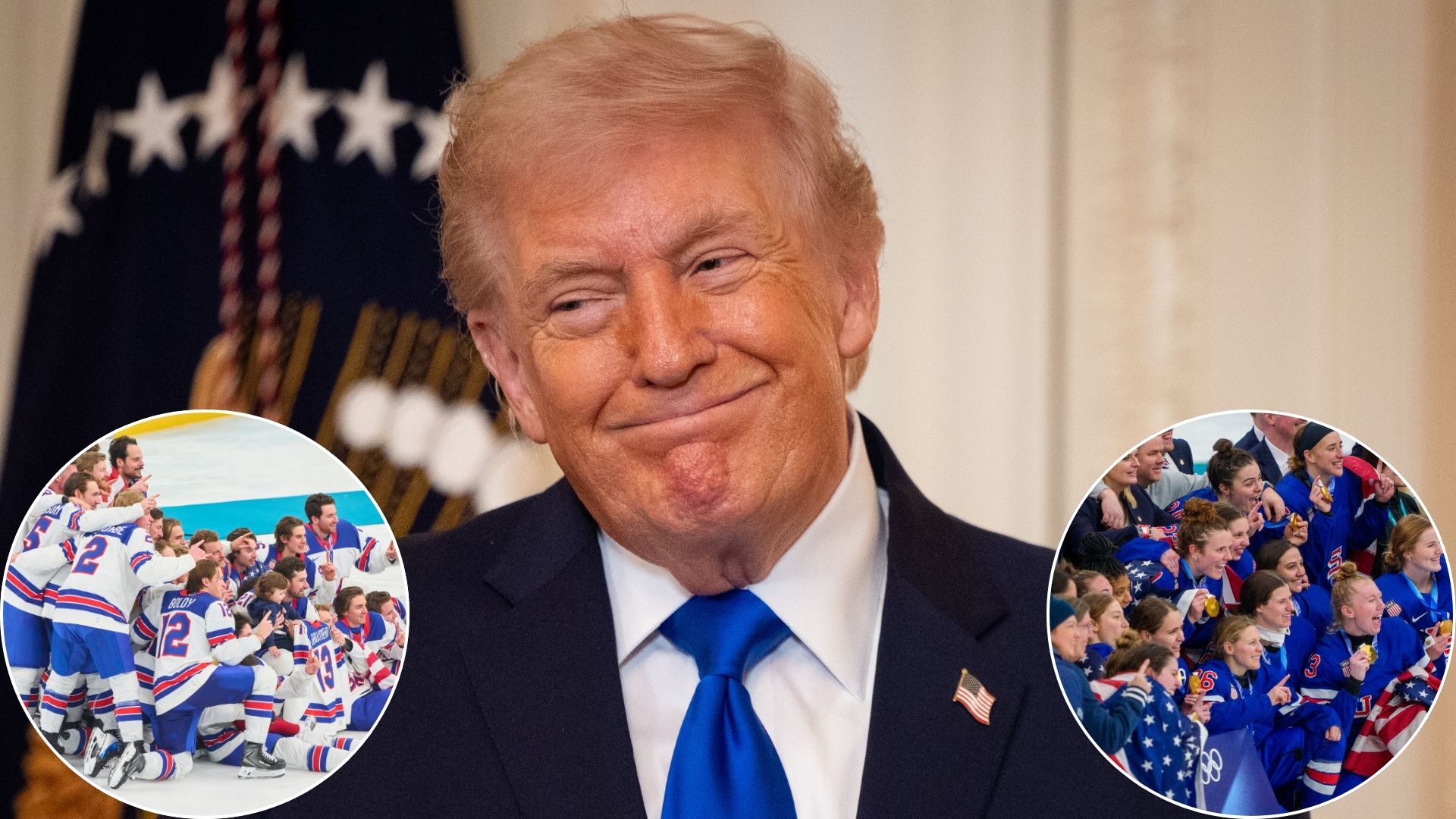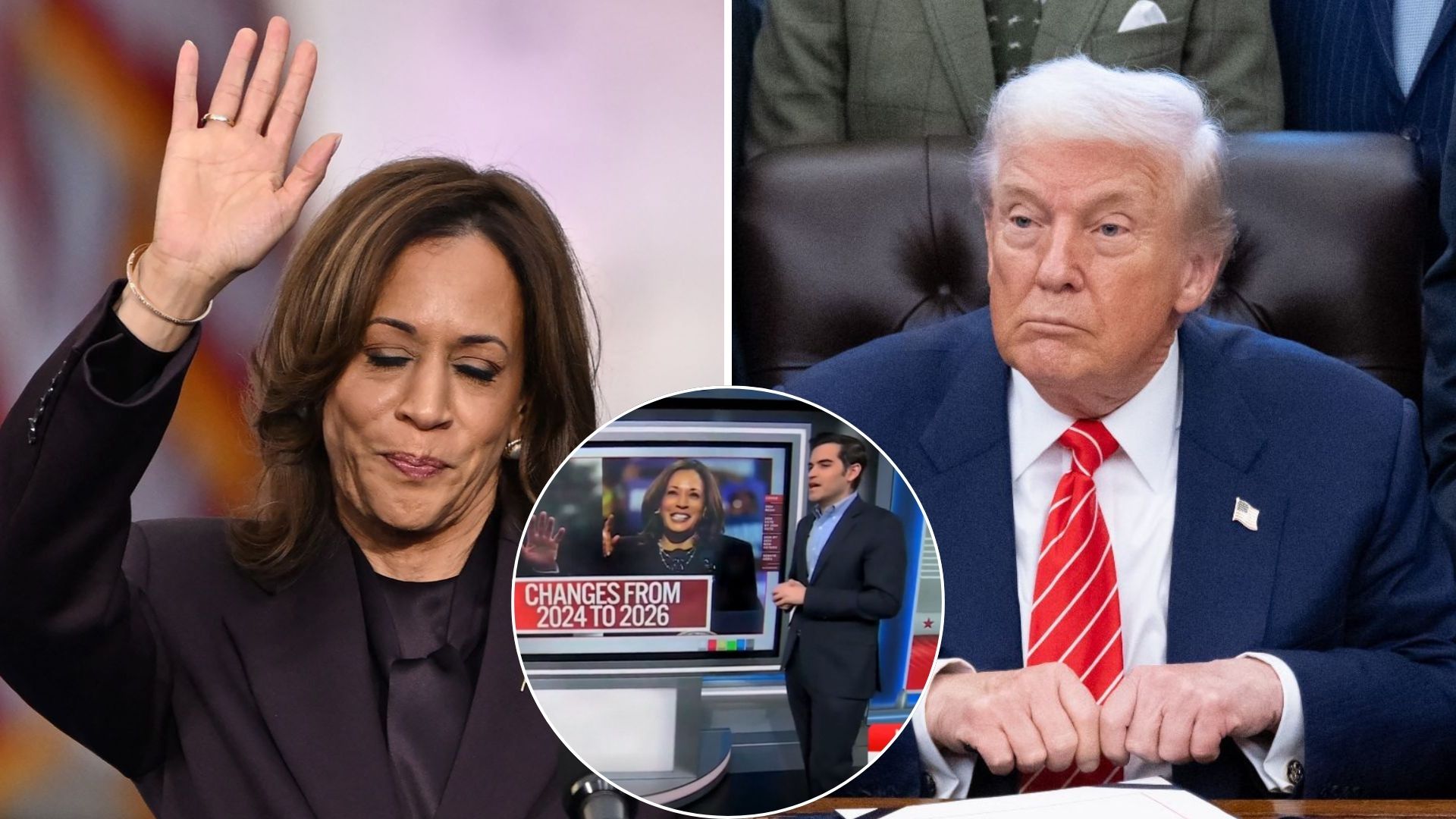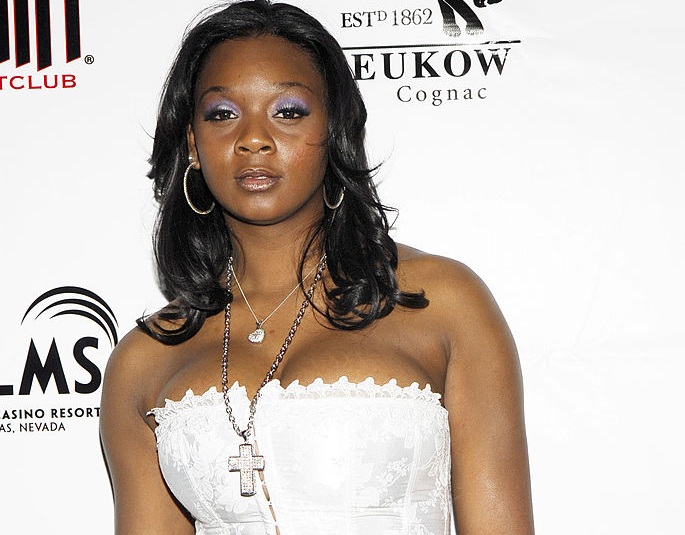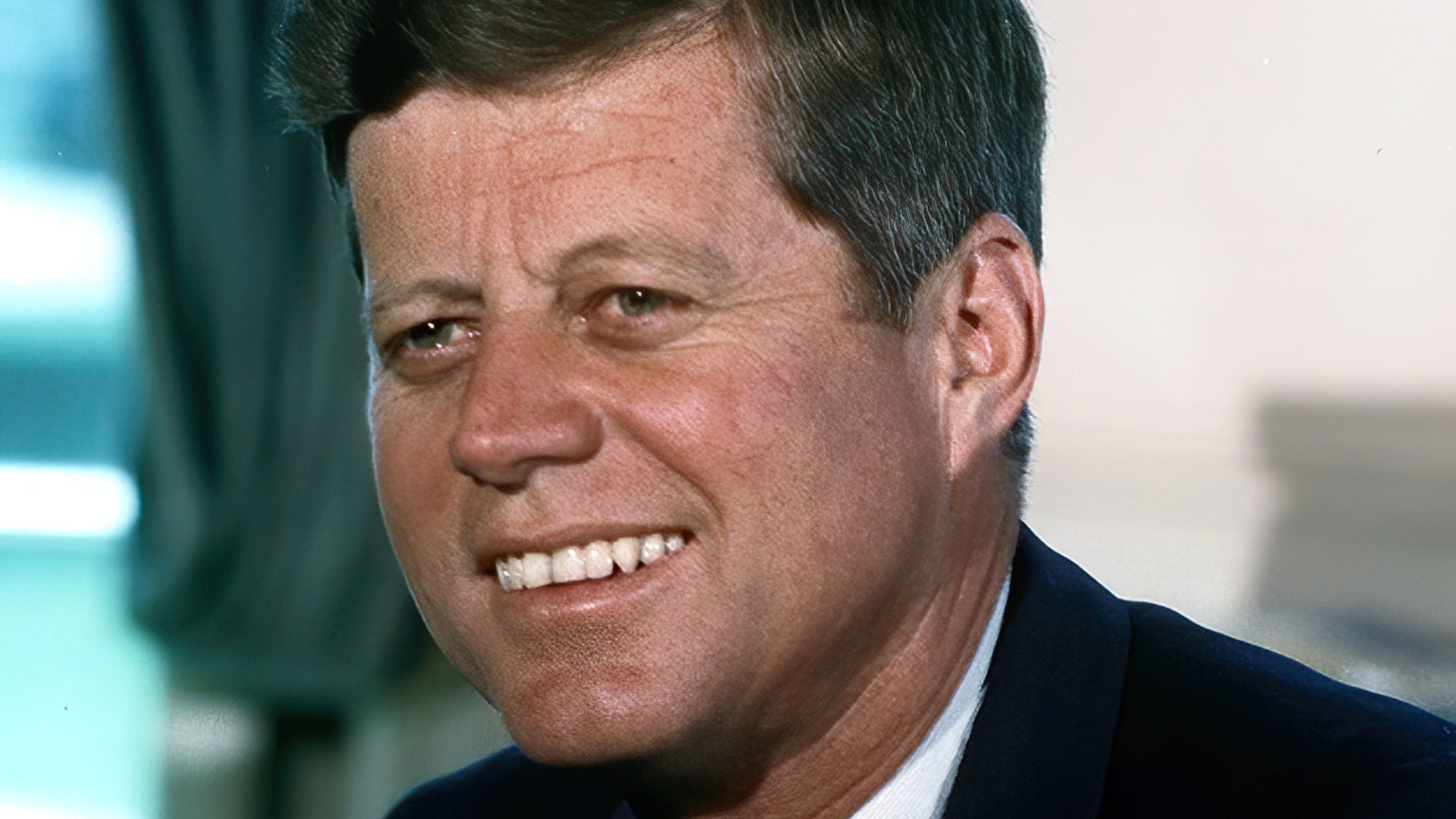
The early 1960s was a time of change, excitement, and a whole lot of uncertainty. Enter John Fitzgerald Kennedy, a man who seemed to have it all—youth, charm, and a natural knack for making people believe in a brighter future. With his signature wit and compelling speeches, JFK captured the hearts of Americans and the attention of the world. But let’s be honest, his path to power wasn’t as easy as it looked. Born into a family with big expectations, JFK had to deal with his own personal challenges, health problems, and a nation on edge because of the Cold War. Yet, he rose quickly, and his presidency became a symbol of hope for many. So, let’s step into the world of John F. Kennedy, as it’s packed with ambition, mystery, and moments that forever changed the course of history.
Born Into American Royalty
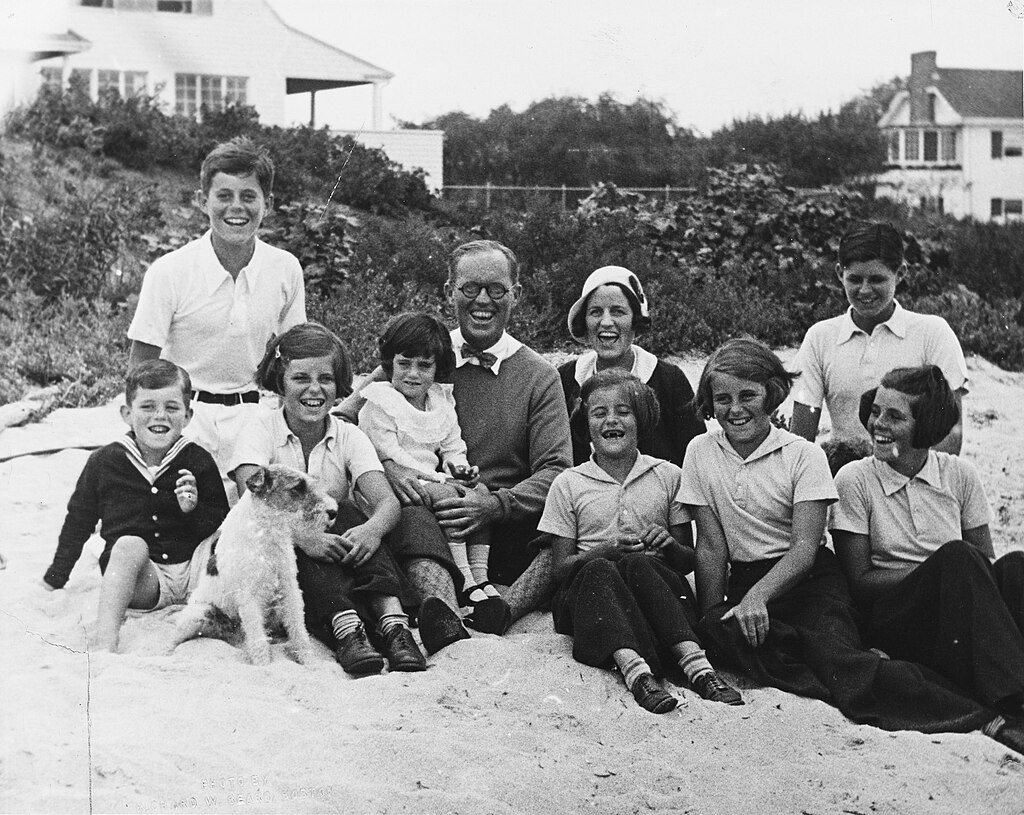
Growing up as the second son in the powerhouse Kennedy family, JFK was no stranger to wealth and privilege. His father, Joseph Kennedy Sr., was a Wall Street mogul who made sure the Kennedys were known as “America’s royal family.” But despite all the glitz and glamor, young JFK had his fair share of health struggles.
A Hero’s Bravery In WWII
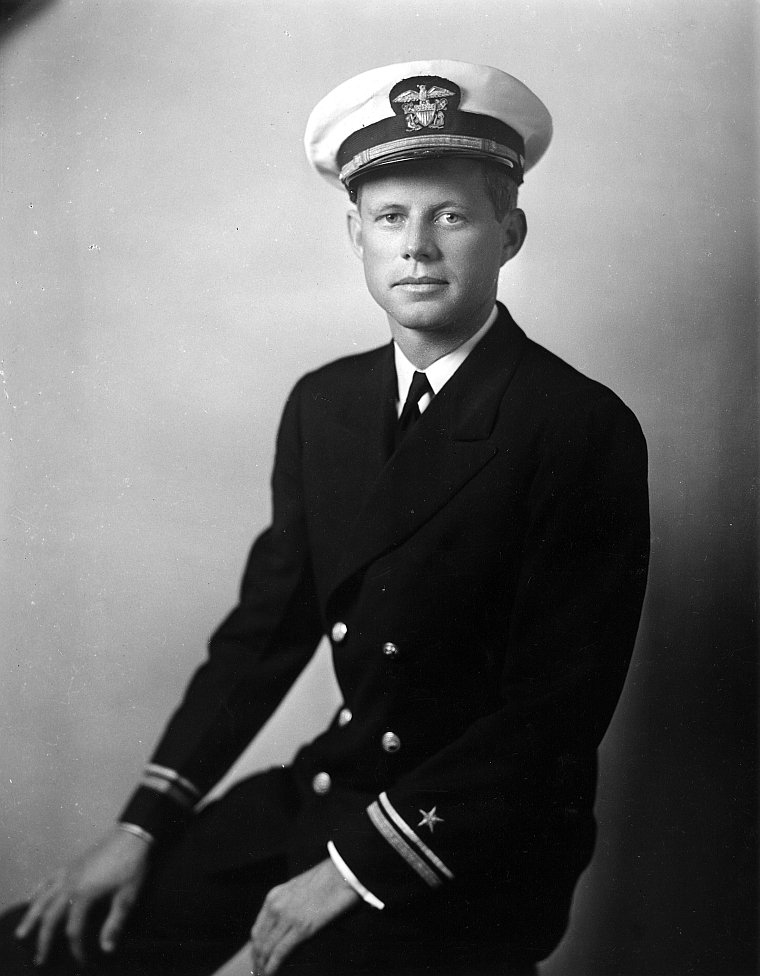
During WWII, JFK’s courage truly shined when he took charge of the PT-109 patrol boat in the Pacific. After a Japanese destroyer collided with his boat, it was his quick thinking and strong leadership that kept his crew safe. His heroic efforts also earned him the Navy and Marine Corps Medal for valor.
Youngest Elected U.S. President
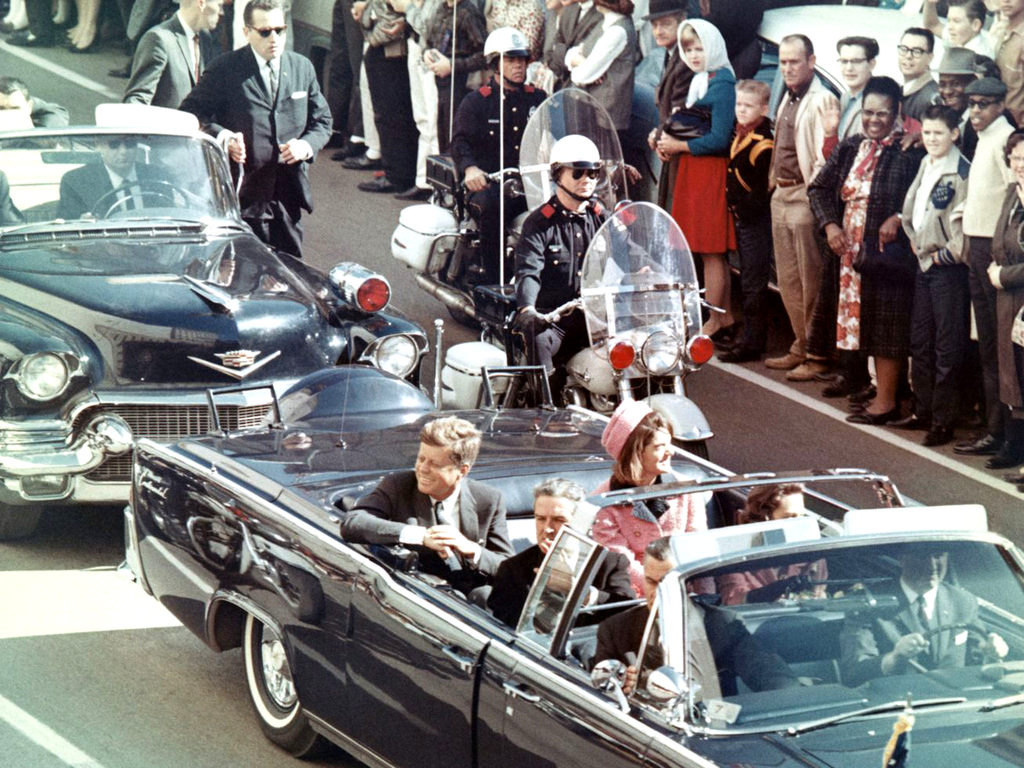
At just 43 years old, Kennedy made history by becoming the 35th President of the United States in 1960, the youngest person ever elected to the office. In one of the closest elections in U.S. history, Kennedy narrowly defeated Richard Nixon. Kennedy’s youthful energy resonated with a new generation of Americans, inspiring a sense of hope.
JFK’s Historic Inaugural Speech
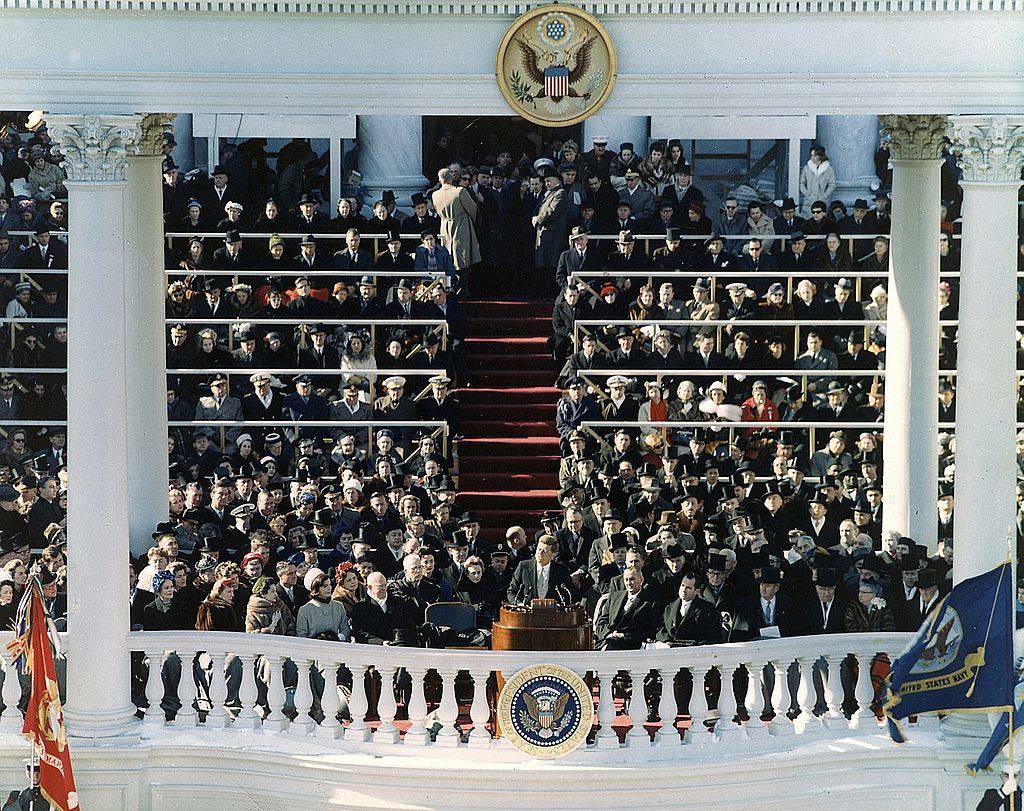
With the Cold War casting a shadow, JFK’s inaugural speech was nothing short of legendary. He rallied the world for unity and freedom while urging Americans to roll up their sleeves and pitch in. And, of course, he championed peace through strength, all while pushing for nuclear disarmament.
Confronting The Bay Of Pigs
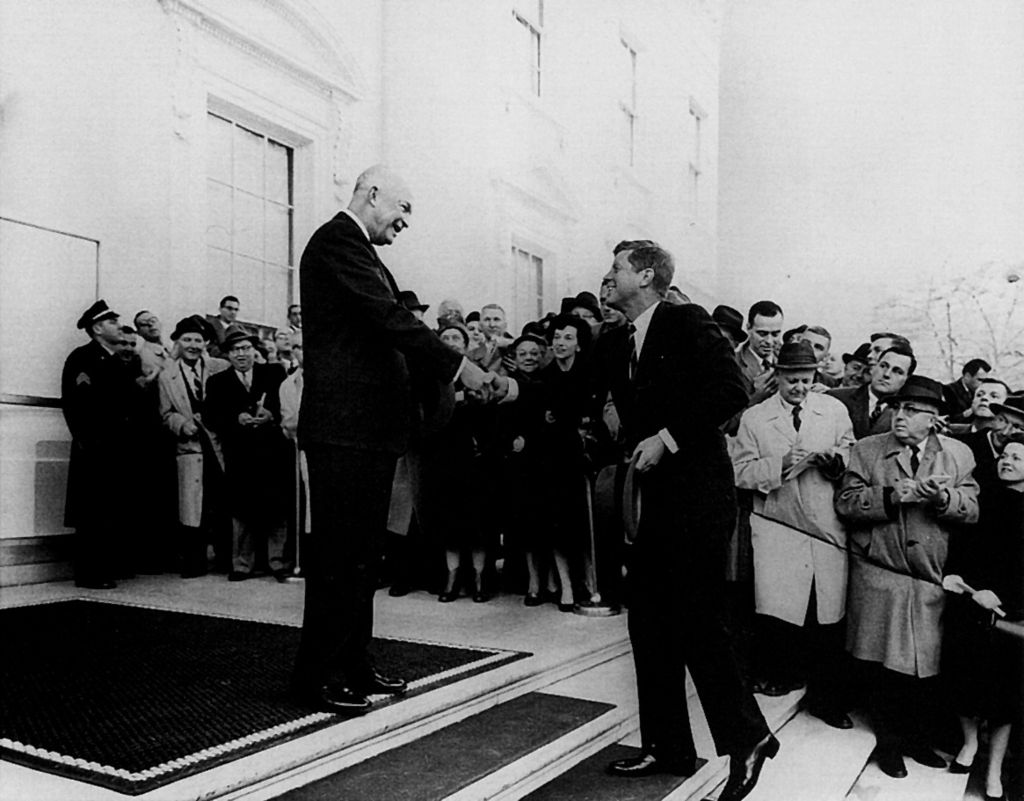
Kennedy faced one of the toughest moments of his presidency when he approved a CIA-backed invasion of Cuba. The operation, aimed at overthrowing Fidel Castro, quickly turned into a catastrophic failure. Kennedy, showing uncommon humility, publicly took responsibility for the disaster, a moment that would haunt his administration.
Defusing The Cuban Missile Crisis
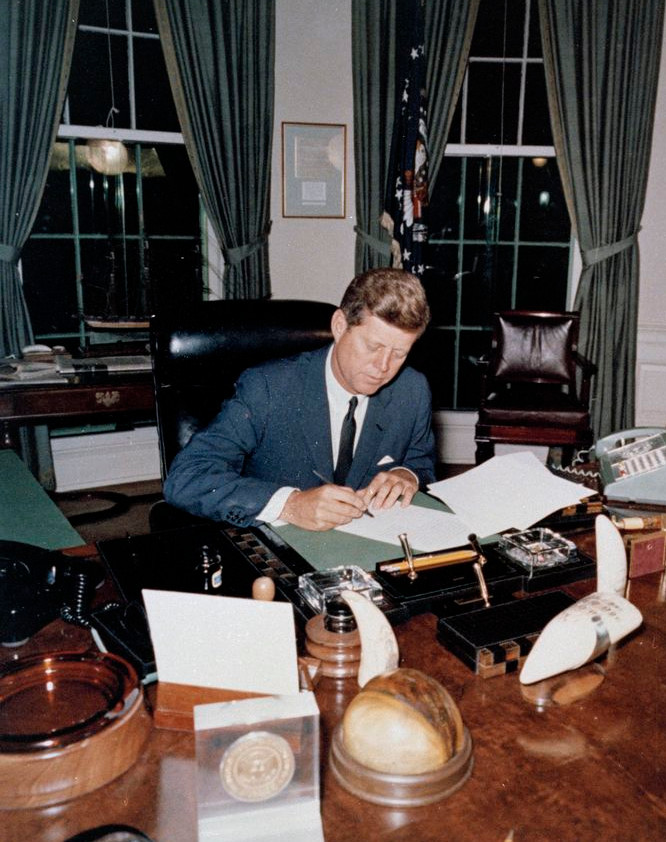
The world teetered on the brink of nuclear war (1962) when U.S. spy planes discovered Soviet missiles stationed in Cuba. In response, JFK demanded the immediate removal of the missiles. For 13 tense days, the crisis escalated. Later, Soviet Premier Nikita Khrushchev agreed to withdraw the missiles after secret concessions were made by Kennedy.
Championing Civil Rights Reforms
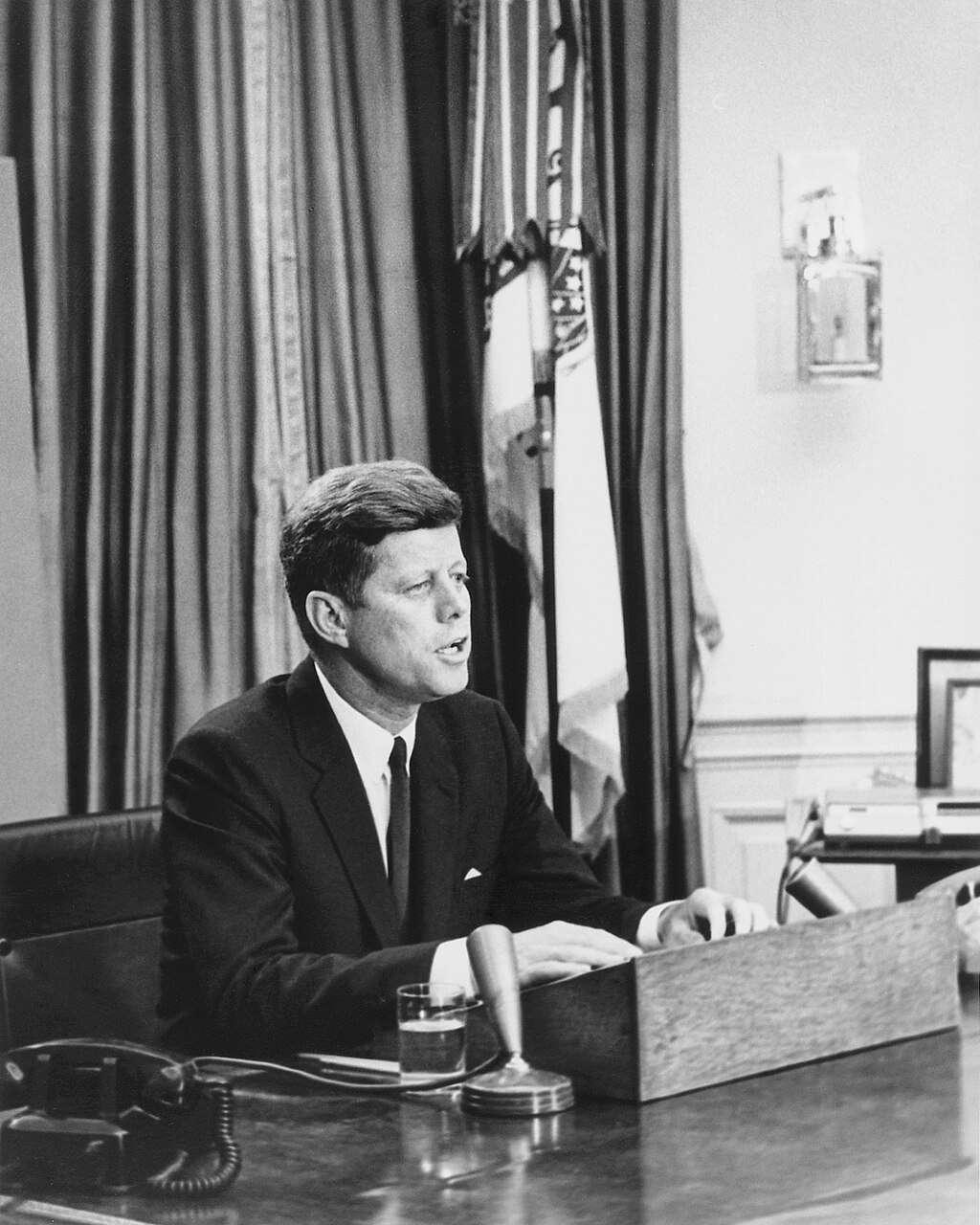
At a key phase in the civil rights movement, JFK decided it was time to roll up his sleeves. With demands for change ringing in his ears, he put forth a civil rights bill in 1963. And when segregation tried to rear its ugly head at the University of Mississippi, Kennedy sent in federal troops, basically telling segregation, “Not on my watch!”
Launching The Space Race Vision
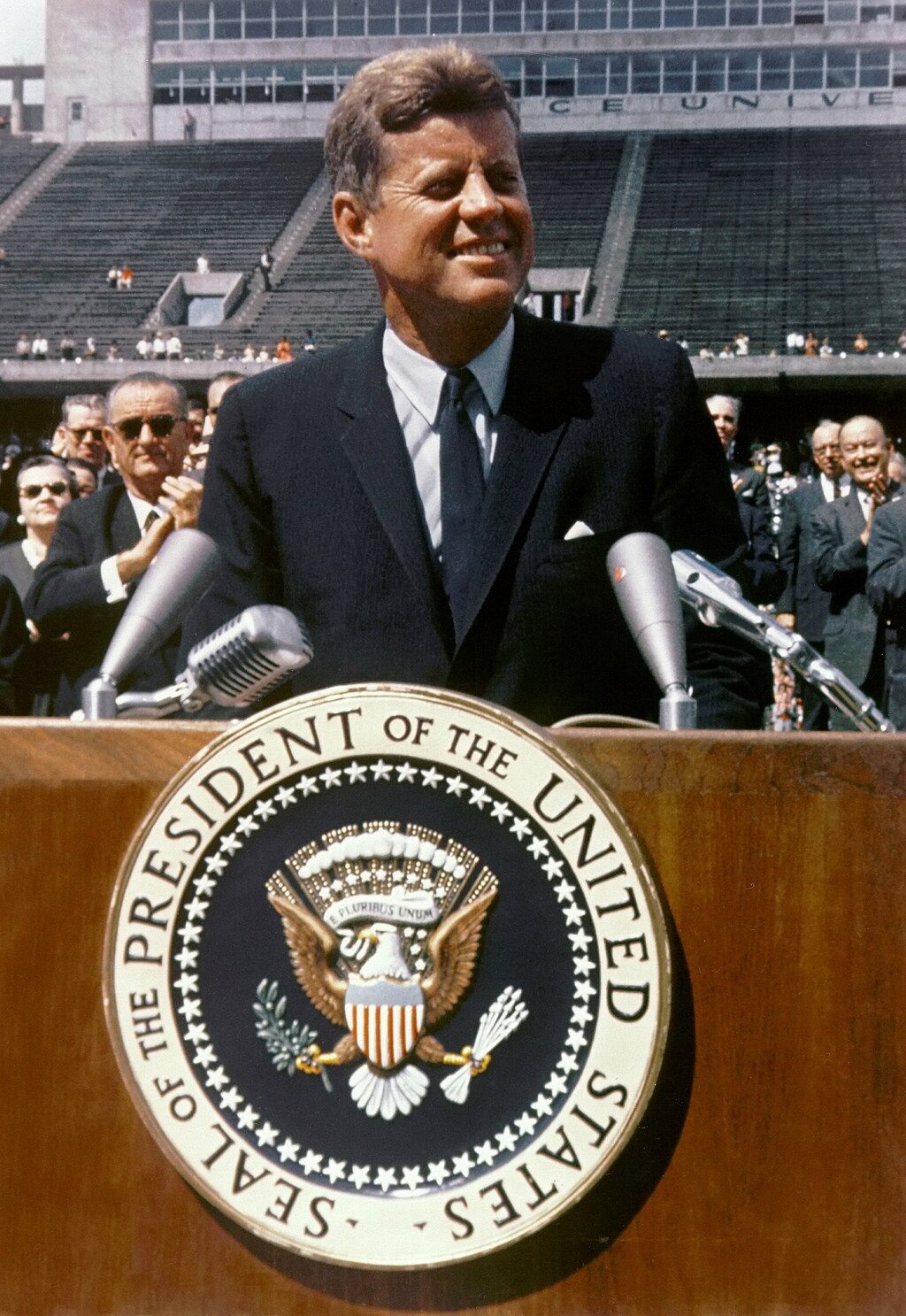
Kennedy’s vision to land a man on the moon by the 1960s, announced in his 1962 Rice University speech, inspired the Apollo Program. He framed space exploration as a peaceful frontier, igniting national pride and ambition. That is how his leadership reignited America’s spirit of innovation, which propelled the U.S. into the Space Race.
Inspiring Peace With American University Speech
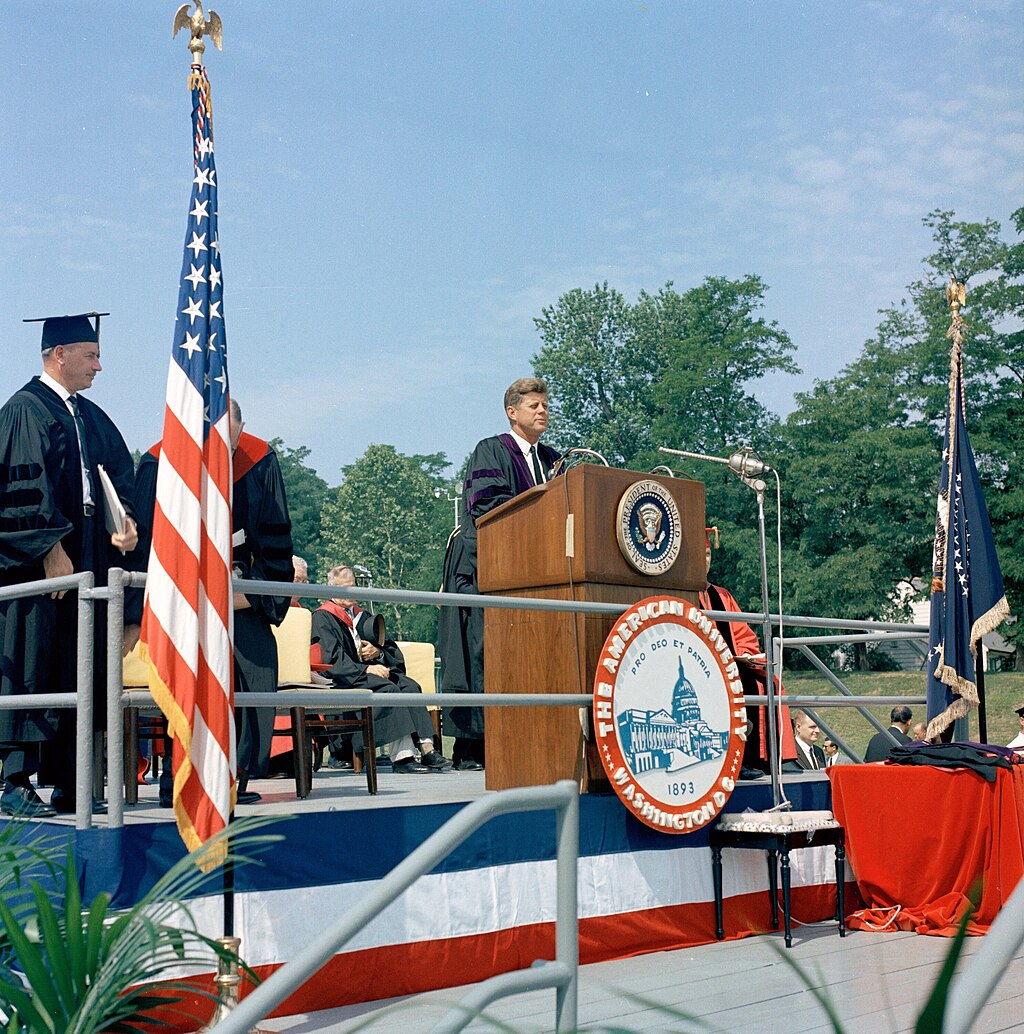
On June 10, 1963, JFK dropped a peace speech at American University. Instead of playing the usual game of cat-and-mouse with the Soviets, he called for diplomacy over drama and championed nuclear disarmament. His speech? Total game-changer, setting the stage for the Partial Nuclear Test Ban Treaty.
Facing Off Against Organized Crime
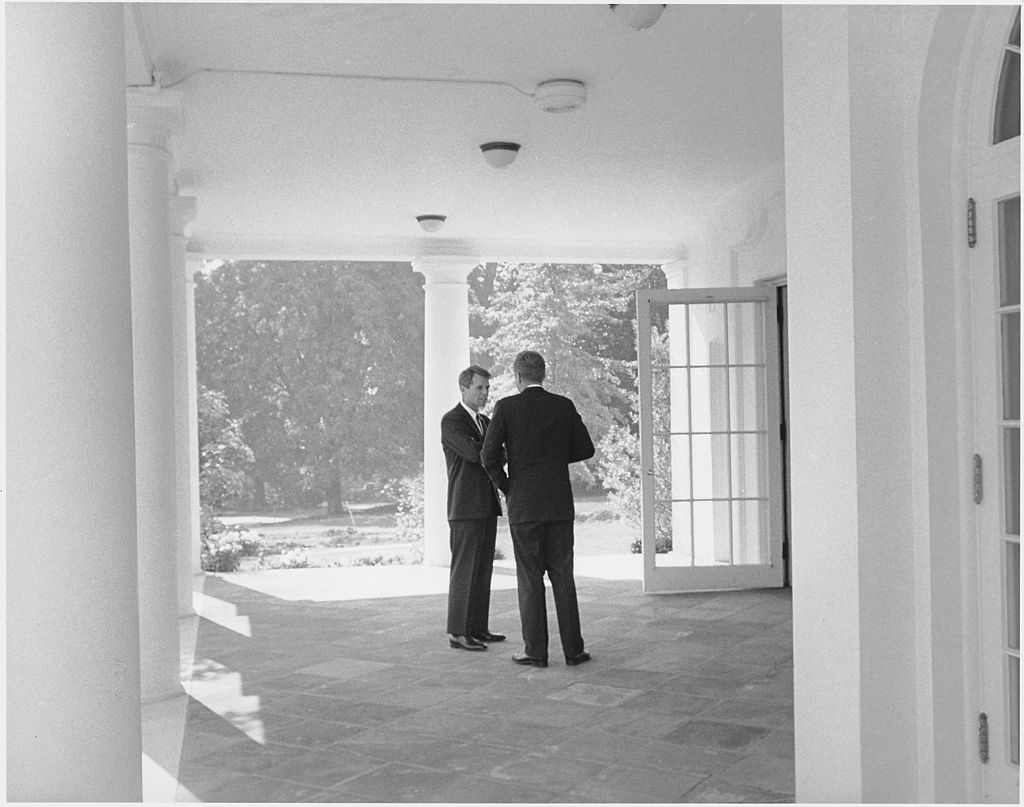
What do you get when you have the Kennedys going up against the mafia? Drama, of course. JFK and his brother, Attorney General Robert F. Kennedy, weren’t shy about taking on organized crime, clashing with big names like Sam Giancana. Unsurprisingly, this led to conspiracy theories that the mafia might have been involved in JFK’s assassination.
Secret Health Struggles Revealed
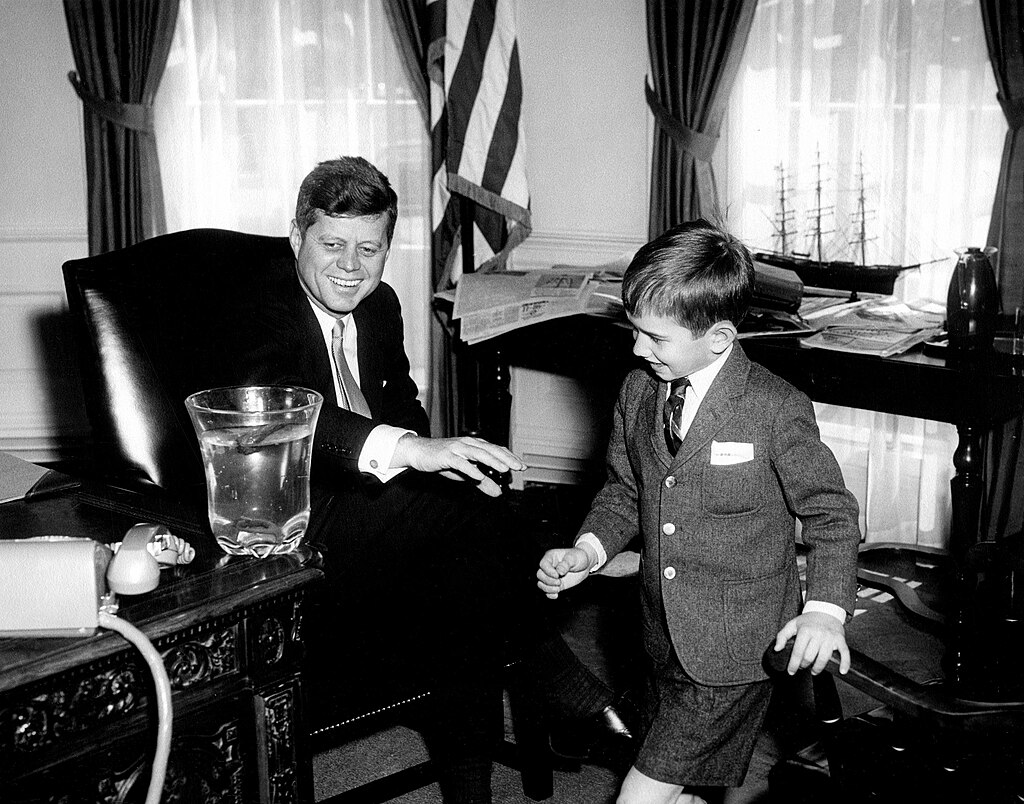
Despite his public image of vigor, JFK secretly battled significant health struggles throughout his life. He suffered from Addison’s disease and relied on daily steroid treatments. And to manage severe back problems, Kennedy underwent multiple surgeries. These challenges, hidden from the public, contrasted sharply with the youthful image he projected.
A Powerful Bond With Jackie
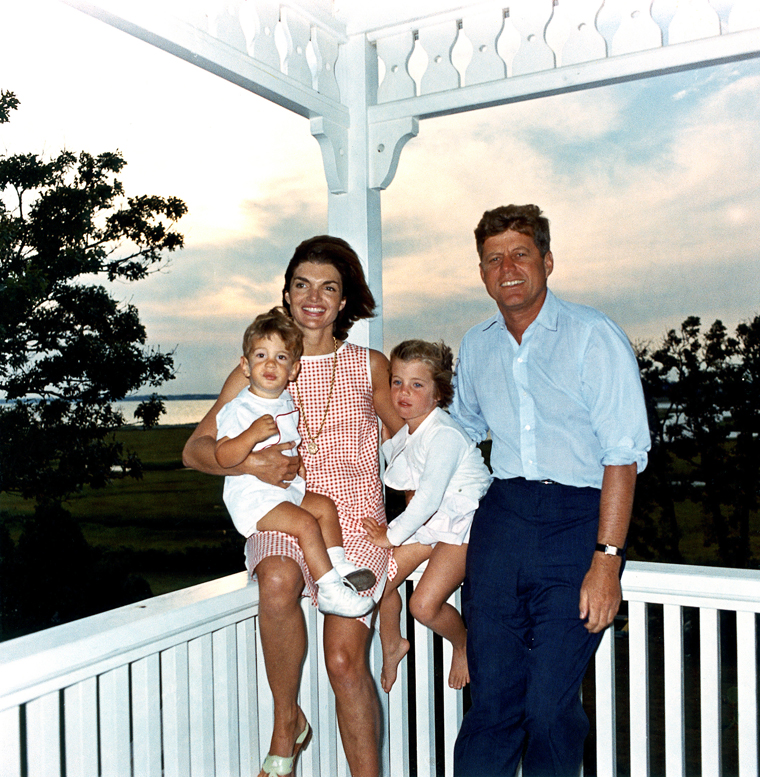
Jackie Kennedy became a global icon alongside her husband, John F. Kennedy. Together, they presented the glamorous “Camelot” era of American culture. Jackie’s efforts to redecorate the White House and champion arts and history defined her public role. Moreover, their relationship remained strong amidst intense public scrutiny.
The Dallas Motorcade Turns Tragic
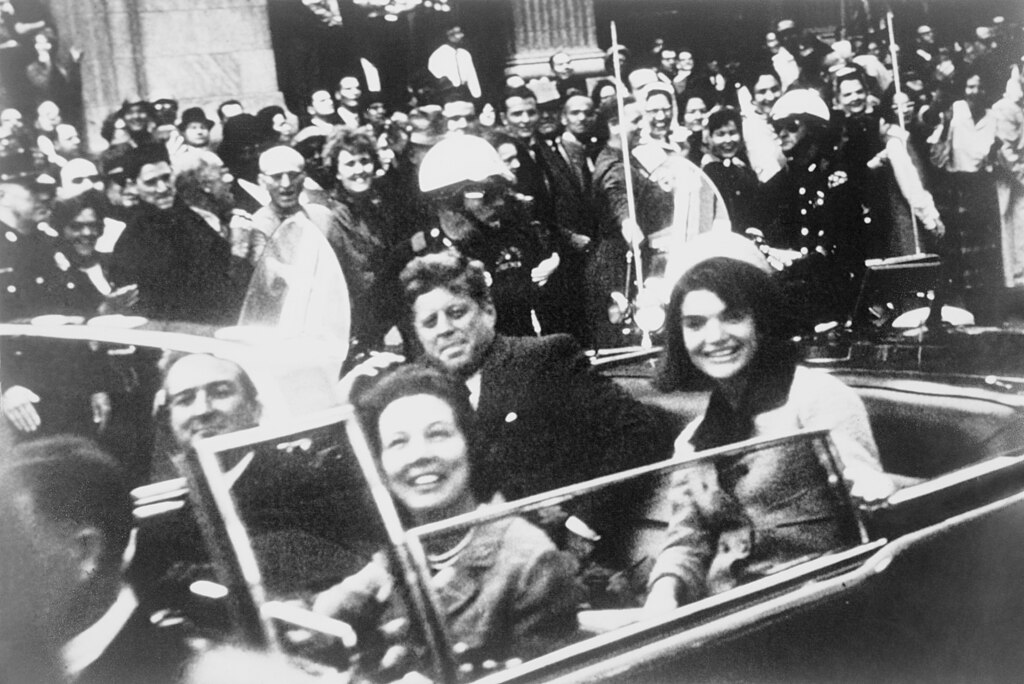
On November 22, 1963, tragedy struck during JFK’s motorcade in Dallas, Texas. As he rode in an open convertible, JFK was struck by two bullets, while Texas Governor John Connally was also wounded. The shooting, witnessed in real-time, sent shockwaves through the nation and the world. Less than 30 minutes later, Kennedy was pronounced dead.
Lee Harvey Oswald’s Shadowy Links
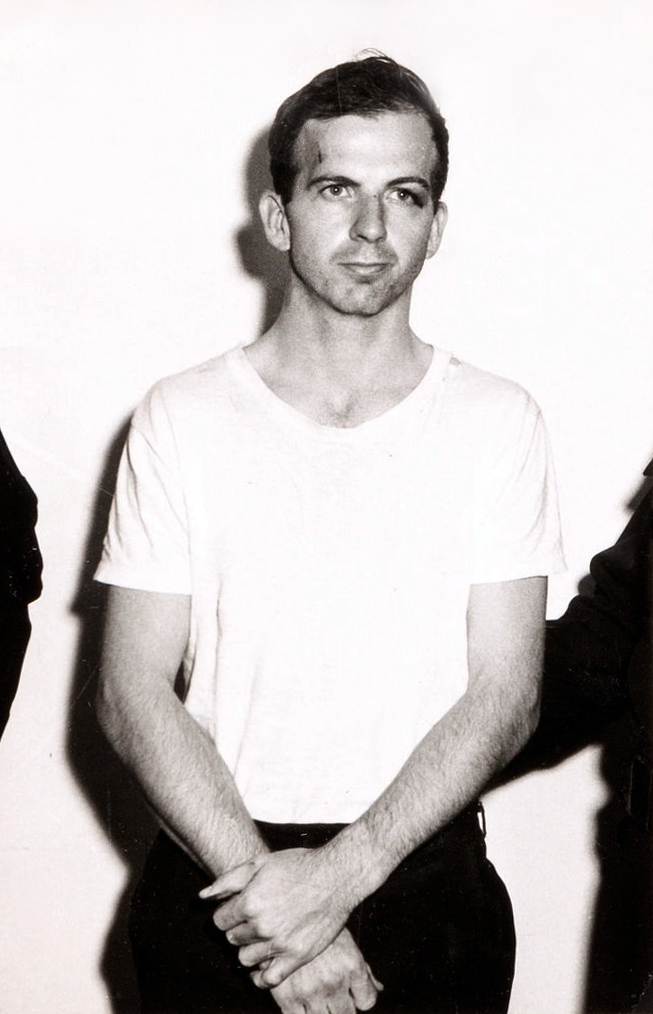
Lee Harvey was arrested just hours after JFK was shot, but his role in the assassination was anything but clear. He defected to the Soviet Union in 1959 and returned in 1962, which raised a lot of eyebrows about his motives. Oswald even went as far as saying he was a “patsy” and denied killing Kennedy.
A Legacy That Still Echoes
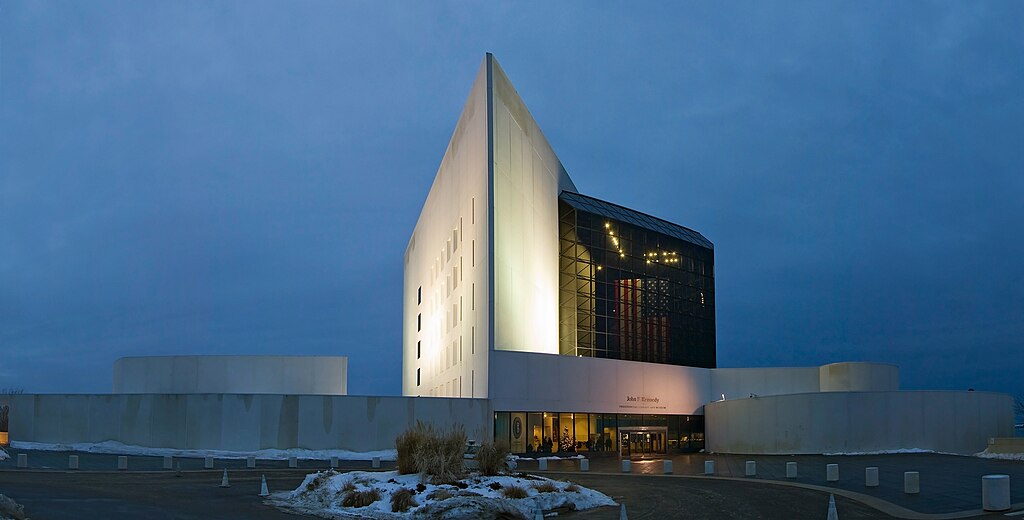
Though lasting just over 1,000 days, his presidency left a huge mark on American identity. Landmarks like the JFK Library and the Space Center stand as lasting tributes to his contributions. Moreover, the term “Camelot” became synonymous with his idealized, aspirational vision for the country, forever cementing his legacy in the American consciousness.
